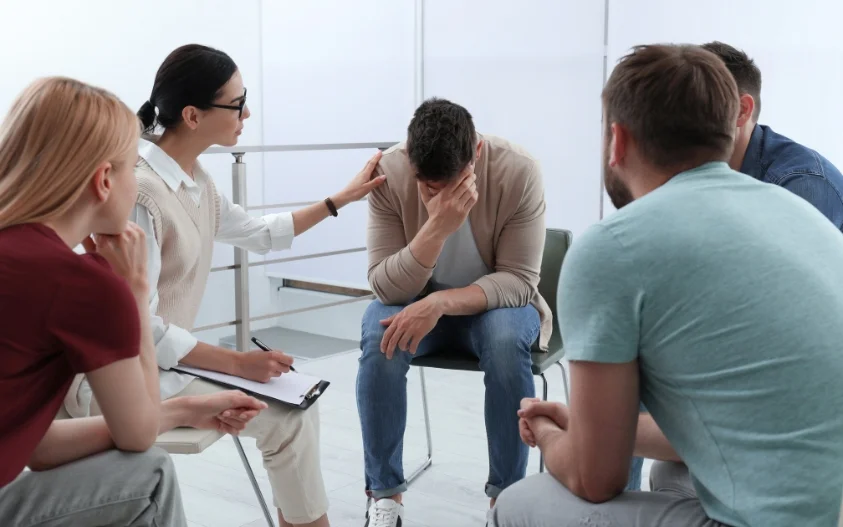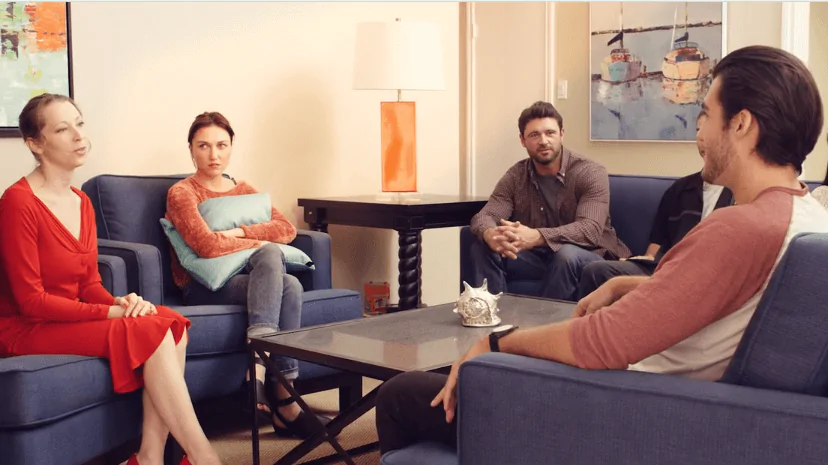24/7 Helpline:
(866) 899-221924/7 Helpline:
(866) 899-2219
Learn more about OCD Treatment centers in Beaver Falls
OCD Treatment in Other Cities

Other Insurance Options

Evernorth

BHS | Behavioral Health Systems

GEHA

Humana

Meritain

MHNNet Behavioral Health

BlueCross

WellPoint

Horizon Healthcare Service

Sutter

Highmark

Optima

Amerigroup
Beacon

Ceridian

American Behavioral

Molina Healthcare

Holman Group

PHCS Network

Magellan Health







Gateway Rehab
Gateway Rehab provides alcohol and drug addiction treatment to men and women throughout Pennsylvania...

Pinnacle Treatment Services
Pinnacle Treatment Services is a private rehab located in Aliquippa, Pennsylvania. Pinnacle Treatmen...






































































































































































































































































































Meridian Behavioral Health
Meridian Behavioral Health offers outpatient and inpatient treatment for individuals with alcohol an...

Gateway Rehab – Baden
Gateway Rehab - Baden provides flexible and confidential outpatient treatment required by those who ...

5 Steps to Addiction Freedom
5 Steps to Addiction Freedom is a private rehab located in Aliquippa, Pennsylvania. 5 Steps to Addic...

Gateway Rehab – Cece’s Place
Gateway Rehab - Cece's Place provides a supportive home environment where patients who had completed...

Centers for Rehabilitation Services
Centers for Rehabilitation Services is a private rehab located in Aliquippa, Pennsylvania. Centers f...




































































































